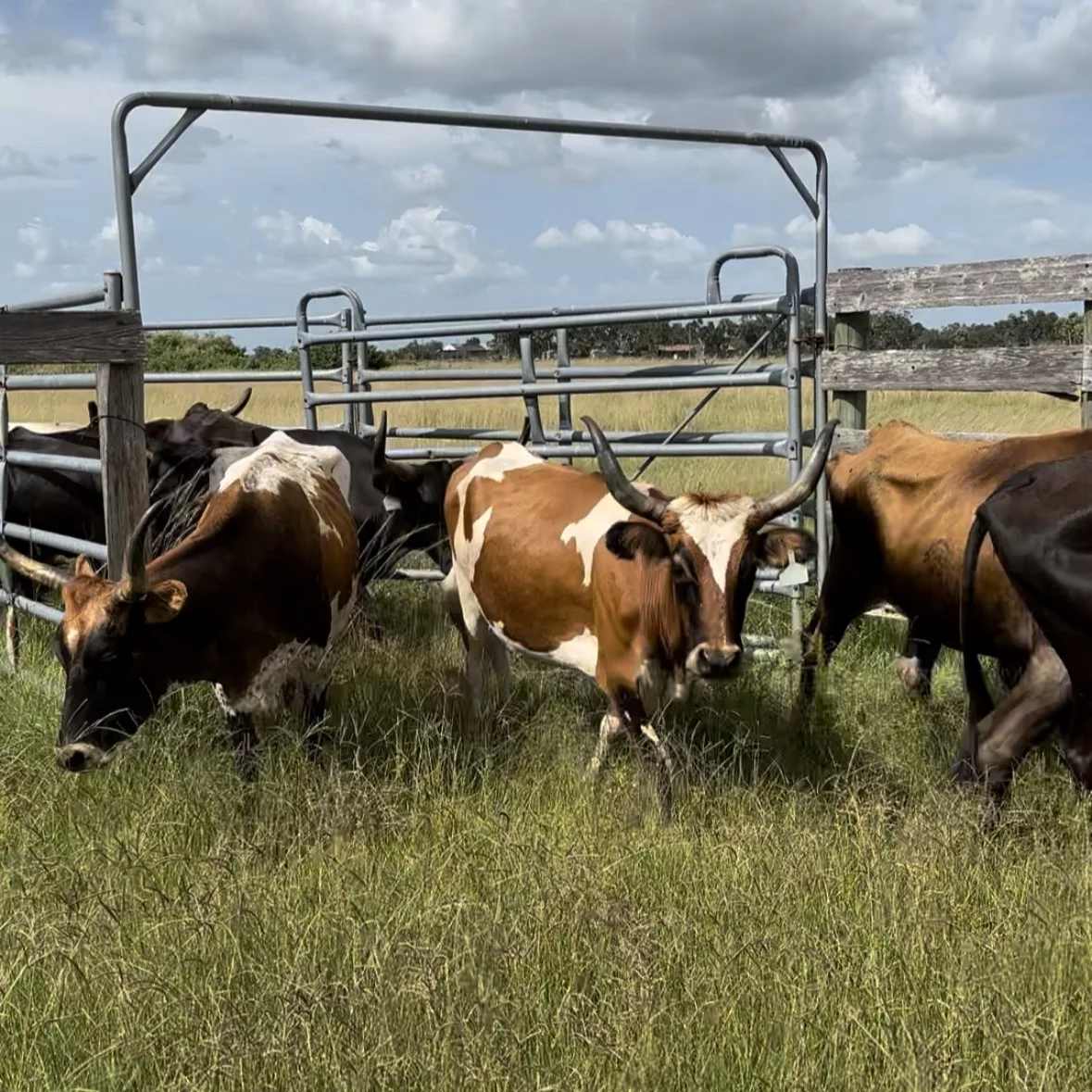Is the Use of Whips Ethical or Necessary?
TL;DR Whips aren’t the problem, people are.
I’ve been bothered by something for some time now that I want to address.
Unfortunately, whips have attained a poor reputation of being used for inhumane purposes. While certainly a useful tool, like anything, they can be used improperly.
When I originally began plaiting whips (nearly 15 years ago) it was for use on our ranch. Cow whips originated here in Florida and have been used to herd and move livestock for centuries. To this day, the “Florida Cracker” lifestyle is very much alive and well if you know where to look.
How are Whips used?
“Cowhunters”—as these cowboys/crackers are often referred to—would comb the palmettos and Florida landscape, using whips to chase the cattle out of the brush during a roundup. The crack from a whip is the result of the cracker/popper (the tip of the whip) breaking the sound barrier. Whips are very directional when it comes to sound, and this noise alone encourages cattle to flee from cover and keep moving.
To this day, the best description I’ve heard regarding the use of a whip came from a gentleman in Idaho who orders from me:
“Whips are like a butterfly net for cattle, but a mile in diameter.” He explained that 6 men on horses can comb 500 acres and bring out half a dozen head, while he can comb the same land alone and gather several dozen. It’s entirely accurate and describes the necessity of whips, even by today’s modern ranching standards.
Whips are designed to make noise, not strike the animal. Some people will suggest otherwise, but they are simply wrong and should find a new line of work. Preferably one not involving people or animals.
My Use of Whips
Some folks associate whips with improper treatment of livestock, primarily because they are unfamiliar with the proper usage of one. Whips are very foreign to many people. I feel that seeing my whipmaking in contrast with my approach to agriculture comes across as somewhat antithetical.
Over the years, our ranching practices have evolved considerably and we no longer use dogs or horses to round up cattle. Cows can be incredibly docile animals, and fresh grass alone can be used to coax a well-trained herd where you need them to go. Though this isn’t always practical (and I understand that), it is our end goal to fully convert from a more “traditional” operation to one that implements regenerative practices, such as rotationally mob-grazing our cattle. But keep in mind, we are a small operation and the same sort of model can be implemented on a much larger scale (think tens of thousands of acres), and it could look much different—still utilizing horses and other traditional methods.
Many of Florida’s ranches are still vast and have diverse landscapes. Florida Cracker cattle (as well as other breeds) still roam freely on these large tracts of land and require immense effort to gather. Do all these folks treat animals humanely? No, certainly not. But that doesn’t discredit the folks who practice good stewardship.
So, Is it Ethical?
It can be. There is no reason a whip cannot be used in an ethical manner like any other tool of the trade. I bear no shame for keeping this craft alive.
I make whips because people need them. We don’t personally use them in the same capacity we used to, but they are still valuable tools. Whips are designed to make noise and move animals, not strike them. Cattle are big animals, and they’re not always easy to move from point A to point B.
I realize this topic may have never crossed some folk’s minds, but it comes up now and again and I have struggled with it as we’ve adopted new practices here on the farm.
It’s also worth noting that whips have become very popular in recreational whip cracking communities today, far removed from the world of livestock entirely.
Anyway, is you made it this far, thank you for reading.
Hunter

